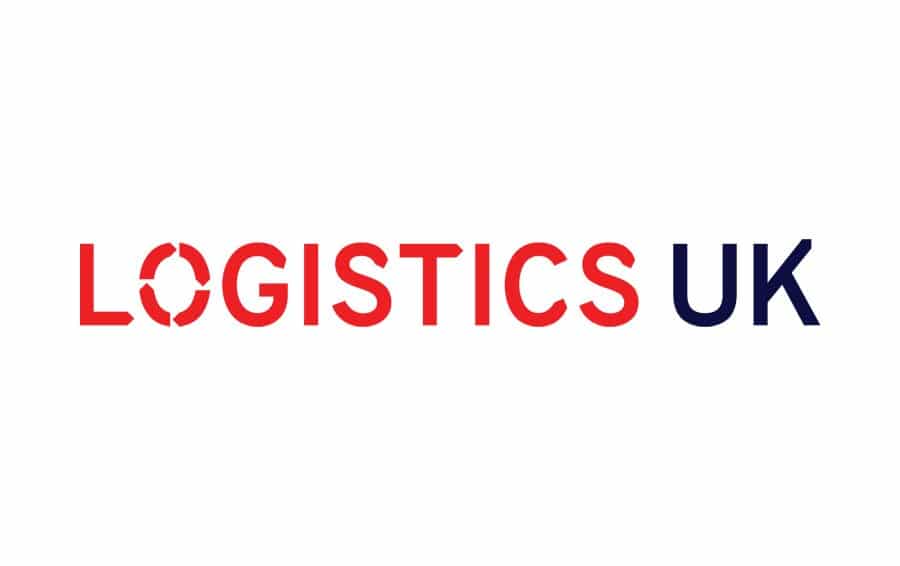Responsible hauliers and drivers who are unwitting victims of people-smuggling gangs should not be penalised if all precautions have been taken to protect their vehicles, according to Logistics UK. The statement comes in response to the government’s consultation, New Plan for Immigration, that closed yesterday (6 May 2021), which would see changes to the penalties imposed on logistics businesses and their drivers regarding vehicle security and migrant incursions. Speaking in response to the proposals which would revise the Clandestine Entrant Civil Penalty Regime – whereby the driver and the haulier can be automatically fined up to £2,000 per migrant found on board a vehicle irrespective of their compliance with security measures and schemes – Chris Yarsley, Policy Manager at Logistics UK comments:
“People smuggling and clandestine attempts by desperate individuals to enter the UK are a humanitarian crisis which governments need to address on both sides of the Channel. The facilitation of illegal immigration into the UK by criminal gangs is a significant challenge for the haulage industry, with desperate individuals and organised crime groups actively targeting the vehicles of professional drivers and hauliers. Operators remain determined to play their part in bringing the organised crime organisations which prey on these innocent migrants to justice, but the government must recognise that responsible operators and drivers are themselves the victims of these groups. It is vital that government recognises the regulated, industry standard schemes already in place, such as AEOS and Customs Seals which demonstrate that hauliers have implemented high security measures.”
Mr Yarsley continues: “Logistics UK strongly opposes the government’s proposal to expand the existing penalty scheme to any haulier found with an illegal migrant in their vehicle, regardless of their compliance with load security standards or accreditation schemes. When an individual takes all reasonable measures to mitigate the risk of illegal entrants, it is unfair to deprive the vehicle operator of any defence and simply issue an automatic penalty, the cost of which will be prohibitive for many smaller operators. The detection systems used in ports are not themselves fully effective in locating people hidden on board a vehicle,; it is unrealistic to expect hauliers and drivers, who are neither trained security staff nor immigration officials, to outperform government agencies. These proposals could have a significant impact on supply chain operations by deterring businesses from bringing goods into the UK, in addition to reducing the attractiveness of HGV driving as a career option, at a time when the industry is suffering deeply from a worker shortage.”
Logistics UK is one of the UK’s leading business groups, representing logistics businesses which are vital to keeping the UK trading, and more than seven million people directly employed in the making, selling and moving of goods. With COVID-19, Brexit, new technology and other disruptive forces driving change in the way goods move across borders and through the supply chain, logistics has never been more important to UK plc. Logistics UK supports, shapes and stands up for safe and efficient logistics, and is the only business group which represents the whole industry, with members from the road, rail, sea and air industries, as well as the buyers of freight services such as retailers and manufacturers whose businesses depend on the efficient movement of goods. For more information about the organisation and its work, including its ground-breaking research into the impacts of COVID-19 on the whole supply chain, please visit logistics.org.uk






